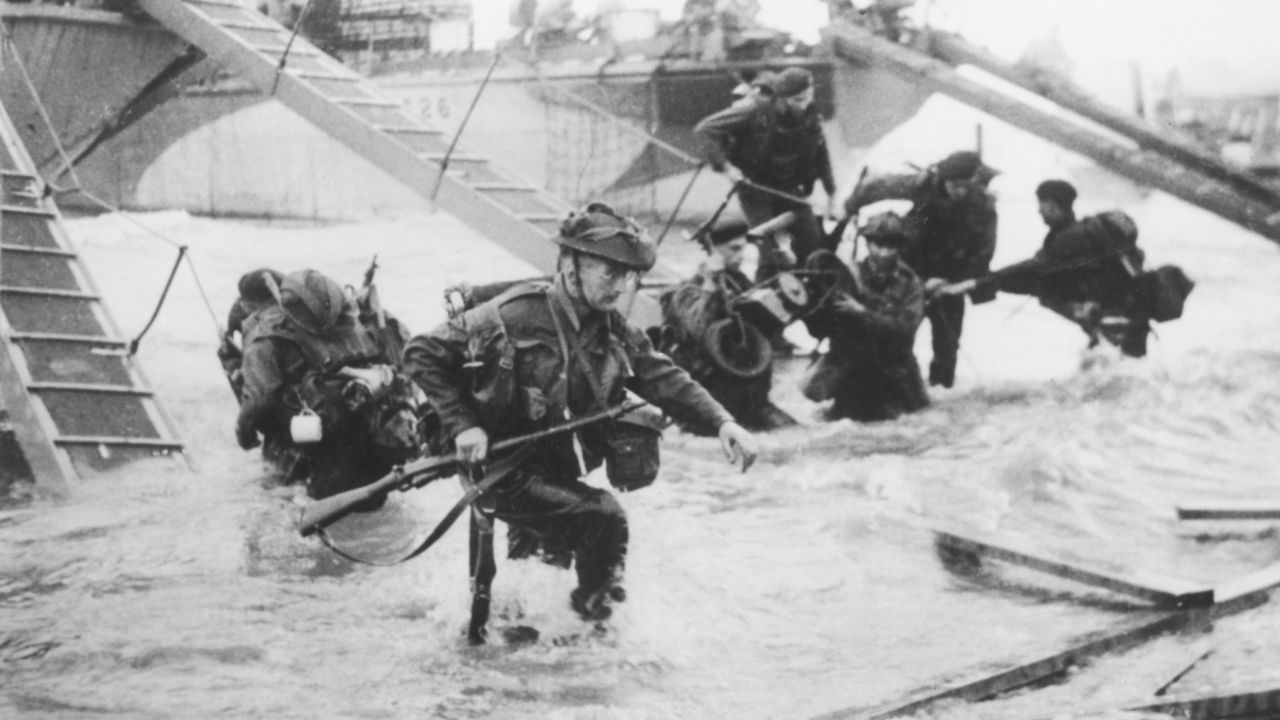The Historic Return: Commemorating the 80th Anniversary of D-Day
June 6, 2024, marks the 80th anniversary of D-Day, the monumental day that initiated the downfall of Nazi Germany during World War II. Operation Overlord, as it was codenamed, involved amphibious landings by tens of thousands of Allied soldiers on the beaches of Normandy, France. Recognizing the sheer scale and significance of this battle, veterans from all participating nations have gathered to honor the memory and impact of this historic event.
The Strategic Brilliance Behind Operation Overlord
The Allied forces had begun planning for D-Day over a year in advance, resorting to an elaborate deception strategy codenamed Operation Bodyguard. Designed to mislead the Germans, this operation combined tactics like the fictitious Operation Fortitude, which aimed to convince Nazi forces that the main invasion would target either Norway or Pas de Calais in France. As a result, on June 6, 1944, the actual landings took the Germans completely by surprise, leading to a crucial Allied foothold in Normandy.
On the first day of the invasion, Allied forces coordinated attacks via air, land, and sea, bombarding German defenses and deploying paratroopers to secure key points inland. American divisions landed on Utah and Omaha beaches, while British and Canadian troops landed on Gold, Juno, and Sword beaches. Despite various challenges, including weather delays and strong German fortifications, the Allies succeeded in breaching the Atlantic Wall and establishing a beachhead.
The German response to the invasion was slow and scattered. Initial resistance was intense, particularly at Omaha Beach, where strong currents and tough defenses led to severe casualties among American troops. Yet, by the end of the day, Allied forces had secured critical positions and prepared for the follow-up operations necessary to liberate France.
The aftermath of D-Day saw the Allies pushing further into French territory, despite ongoing threats from German air raids and artillery. Within 77 days, the Allies had fully liberated Normandy and advanced towards Paris. The successful D-Day invasion played a significant role in the eventual surrender of Nazi Germany in May 1945, underscoring the importance of this military undertaking. The collaboration and valiant efforts of soldiers from multiple nations contributed towards an undeniably decisive victory in World War II.
- The term 'D-Day' was military jargon for the beginning of any large operation, but it has since become synonymous with the Normandy landings. Initially pegged for June 5, 1944, the operation was delayed due to stormy weather. Paratroopers were first deployed shortly after midnight, targeting strategic locations to block German reinforcements.
- During the landings, naval artillery continued to pound German defenses. Despite heavy casualties on some beaches, particularly Omaha, the determined Allied troops managed to push inland. Deception operations like Fortitude successfully distracted German focus away from Normandy, aiding the Allies in their mission.
- On D-Day itself, the Allies suffered approximately 10,000 casualties, including 4,440 dead. German casualties ranged between 4,000 and 9,000. In the days following, the Allies worked tirelessly to maintain their beachhead and move further into occupied France—a crucial step toward the eventual liberation of Europe.
- General Charles de Gaulle's speech on the evening of D-Day emphasized the importance of the operation and encouraged the French population to join the resistance against the occupying forces. His call resonated across the nation, reinforcing the resolve of French resistance fighters and the general populace to support the Allied efforts.
- The landing in Normandy was described by German Field Marshal Erwin Rommel as the 'longest day.' Despite achieving many key objectives, some initial targets were not met, leading to fierce battles in the following days and weeks. However, the momentum gained on D-Day laid the groundwork for the subsequent Allied victories that led to the end of World War II in Europe.






